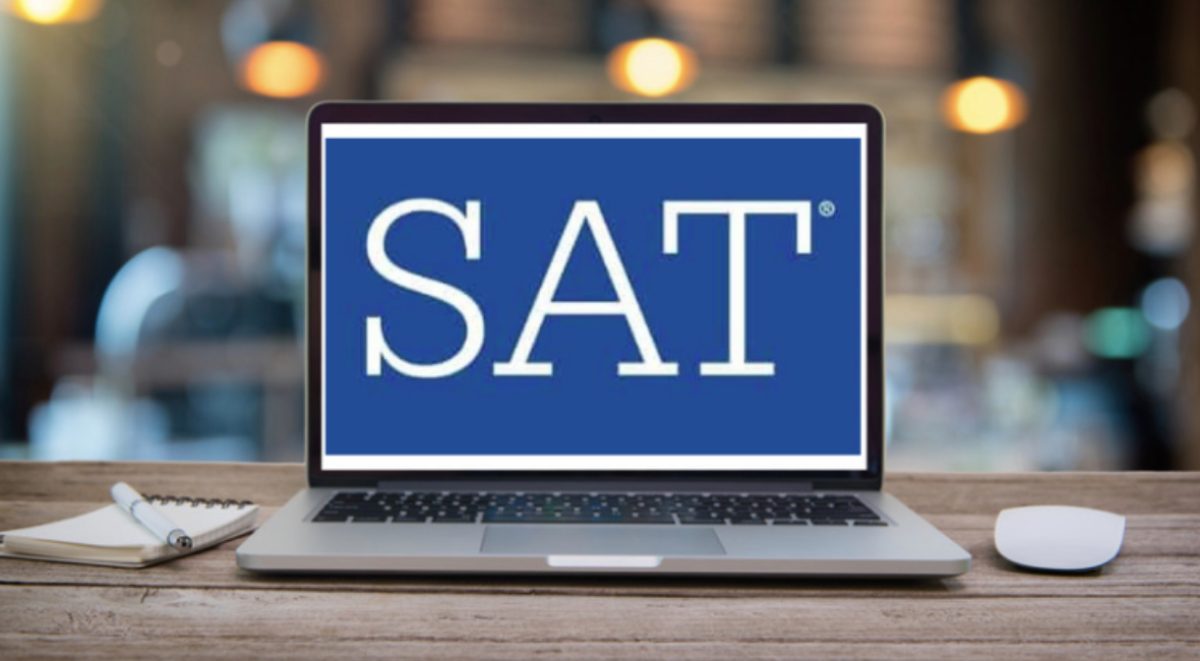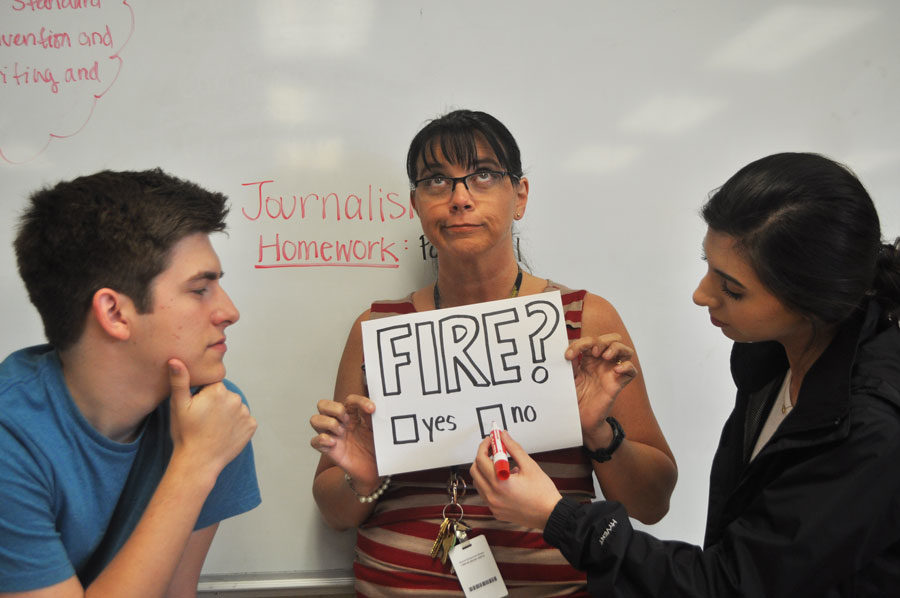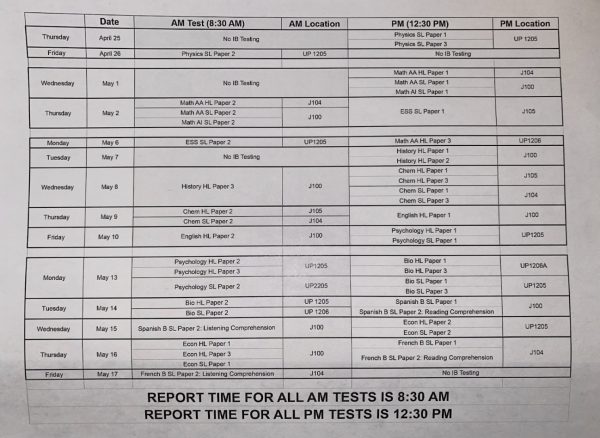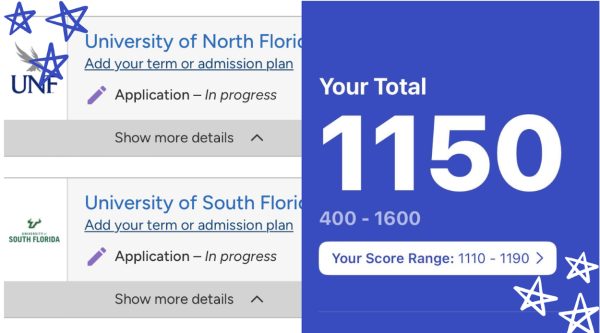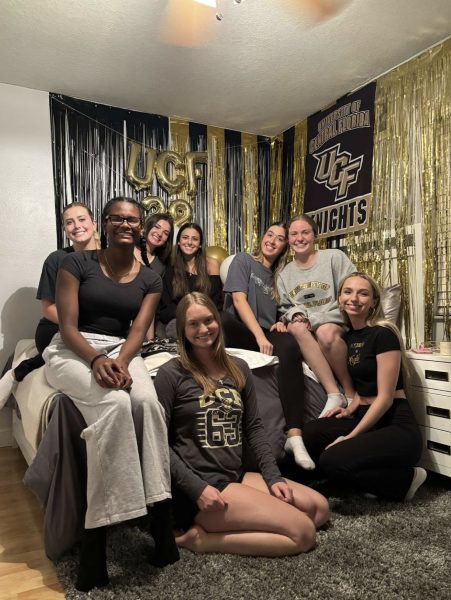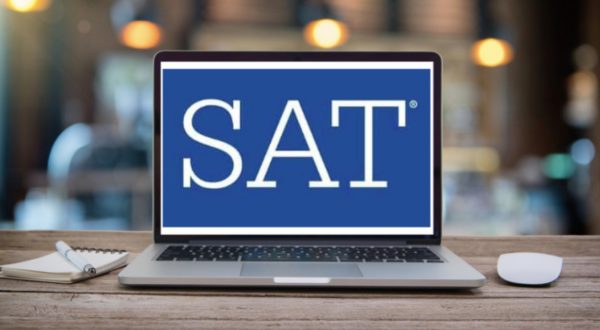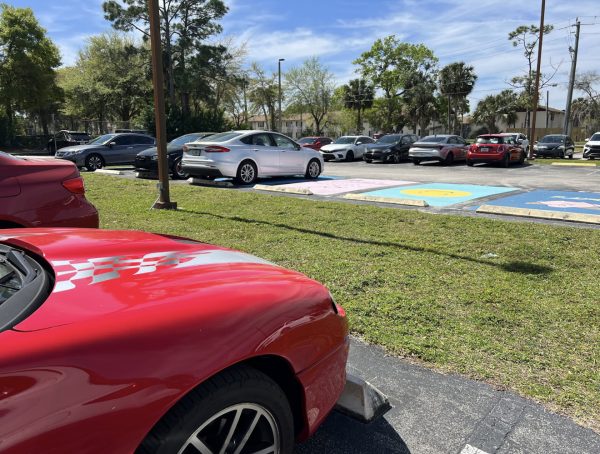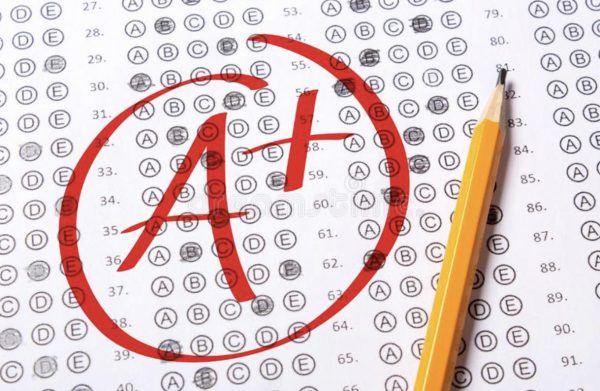STUDENTS WILL VOTE TO FIRE TEACHERS
March 31, 2017
The following article was published as a part of The Seminole Newspaper’s 2017 April Fool’s issue! The information, quotations, and other content is completely fictitious and should not be considered a true representation of the school, the administration, or other governing entities.
In a surprise move, principal Dr. Connie Collins released a controversial policy that will allow students to take teacher accountability into their own hands by voting on whether their teachers should be fired. This has led many students to feel that their voices are finally beginning to be heard by the administration, although reactions are mixed.
Starting in the 2017-2018 school year, students will be permitted to vote using an anonymous online survey as to whether they believe their teachers’ contracts should be continued for the following year. These surveys will be administered at the end of each semester, after the student has had eighteen weeks to get to know their educators. The results of this survey will be reviewed by the administration and will play a critical part in their decision to fire or rehire a teacher, giving students an unprecedented amount of control over the employment process.
Dr. Collins feels that this new policy is necessary in order to ensure that teachers are personally invested in the success of each and every student. By allowing students to evaluate them, teachers will be compelled to take the time to ensure that their teaching styles are in sync with what students are expecting. It also serves as a method to monitor teacher professionalism by giving students an outlet to voice their opinions without fear of retribution.
“It’s important for students to have a say in their educational process,” Dr. Collins said. “Our foremost priority is making sure students get the best education possible, and an expeditious way to achieve this is by allowing students to vote on the effectiveness of their educators. This doesn’t mean that we don’t trust our teachers. We’re just holding them to a higher standard.”
Some students are welcoming this change as an opportunity to make a difference in the school. While it has been the practice before for students who were unsatisfied with teachers to contact administration, many feel that this previous method was not effective in getting their complaints addressed. They feel that the vote gives them the strength in numbers they need in order for their voices to be heard.
“Teachers can no longer abuse their powers over students without any reason,” said junior Jackson Turner. “Freshman year I had a chemistry teacher who constantly bullied students and didn’t know her subject, but whenever we complained to administration, she got defensive and nothing changed. More and more students have to suffer under her. This policy makes sure such ineffectiveness never happens again.”
However, critics of this new policy note that the general vote of students may not be reflective of a teacher’s actual effectiveness. They suggest that students may use the vote as an opportunity to fire teachers they dislike without any basis. Some teachers are among those who are particularly opposed to this new plan.
“As a teacher, sometimes you have to make unpopular decisions for the benefit of students,” said freshman English teacher Mrs. Ginger Schmaus. “You do everything for a reason, from how much homework you assign to how strict you are. Students don’t always understand what teachers go through, so allowing them to decide who gets fired isn’t fair to either party.”
Despite the controversy, administration is resolute in implementing this policy in the coming school year. For the first time, students will have the ability to directly vote to fire teachers they feel are ineffective, which will undoubtedly affect teacher-student relationships in the years to come.




















